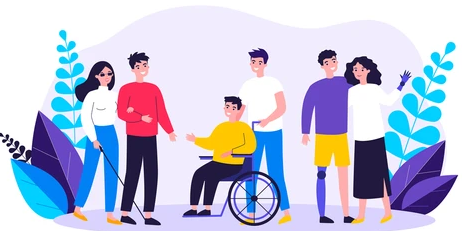
How you speak and interact with people says a lot about you as a person and when you take the time to respect the people around you, it profoundly impacts their attitudes. Regardless of whether they have a disability or not, everyone deserves the same level of respect and consideration. When interacting with anyone with a disability, it’s important to treat them how you would want to be treated yourself. Keeping that in mind, we’ve compiled some great ways to support the people you work with, live with, or are friends with who have a disability.
We understand how tempting it can be to help someone without asking, but keep in mind that just like you, people with disabilities don’t always need help and can get offended if you assume without asking first. Instead, ask if there’s anything you can do to help make things easier or more effective whilst remembering to ask for instructions to make sure it’s done the way they want or need.
Remember when you were a kid and told to “treat others how you’d like to be treated”? Well, the same goes for when you’re speaking with someone, you want to make sure to speak directly and clearly while listening to what they are saying and maintaining polite eye contact. Many people will inadvertently direct the conversation to a carer or interpreter if they are present, which can make someone feel less than ideal, and we want to avoid this.
Speak in clear sentences with simple words and solid concepts, keep in mind that people with speech impairments can take a little longer and you’ll need to be patient and not interrupt them or talk for them.
When speaking with a deaf person, understand that they will be looking at their interpreter as you are talking (unless they don’t have one and read lips) and that you should still focus your attention on them rather than their helper.
When possible, speak with wheelchair users on their level by sitting down so that they aren’t having to look up and strain their necks.
If you don’t understand what someone has said, ask for clarification to prevent confusion later in a conversation
Introduce yourself the same way you would with anyone else – Say hello, introduce yourself, don’t mask your facial expressions, ask questions, and engage like you would normally.
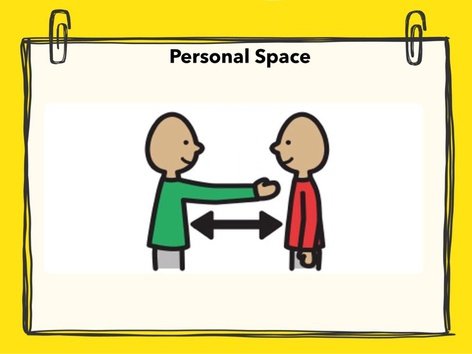
Just like everyone else, people with disabilities need their personal space and for those who use mobility aids – canes, service dogs, walkers, wheelchairs – they are a part of that. It’s important to ask yourself, “how would I feel if someone did that to me” whether it could be someone moving your purse/backpack, moving your bicycle, or even touching you without permission. Remembering that people with disabilities are like everyone else, just with extra tools to make their lives easier can be a great way to understand how to interact.
Remember this – when mobility aids are left unattended, moving them could seriously impact and compromise someone’s accessibility.
Whether you have family, friends, colleagues, or work in an industry where you have regular contact with people with disabilities, it’s important to remember to be flexible. From meeting up at accessible locations to choosing specific time to meet up that match with accessible public transportation, be more flexible with your choices when it comes to interacting with others. Friends who have disabled family members, support workers, or carers may have certain times of the day when they’re not available due to caring for someone at certain times of the day.
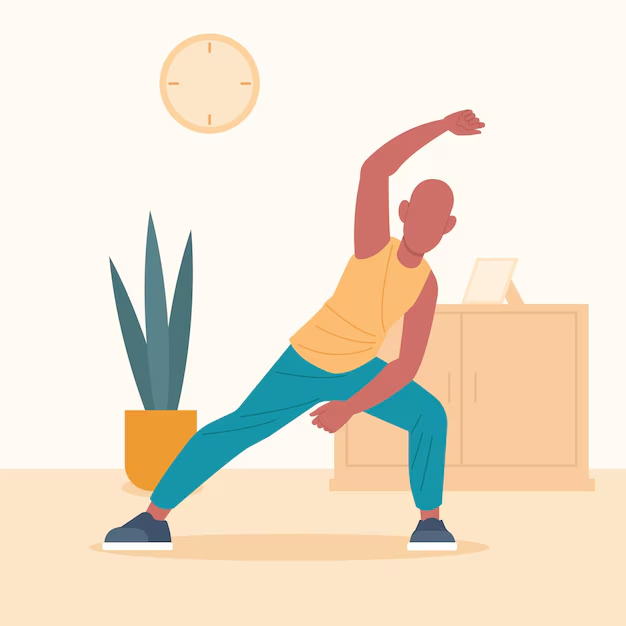
If you’re wanting to learn more about how to support someone with a disability, or even how to offer support for a carer or parent, we offer training and have a Facts Sheet to assist with the development of daily living and life skills.
A large percentage of venues have accessible entrances, though some still do not due to how the building was built, the location, or some other reason. Fighting for equal access to places has been an ongoing challenge around the world from providing easy access to schools and hospitals, to creating wheelchair friendly picnic tables and disability parking spaces close to entrances and exits of shopping centres and other businesses. As we mentioned above, planning for a meeting or get-together can help by ensuring that a suitable place and time is chosen, plus it gives you time to find out all the information you may need to ensure the place is accessible for everyone involved.
Try not to be judgmental, you don’t know what others are going through and while you think you may be being discreet, whispers can carry… staring and pointing can really hurt someone’s feelings as well.
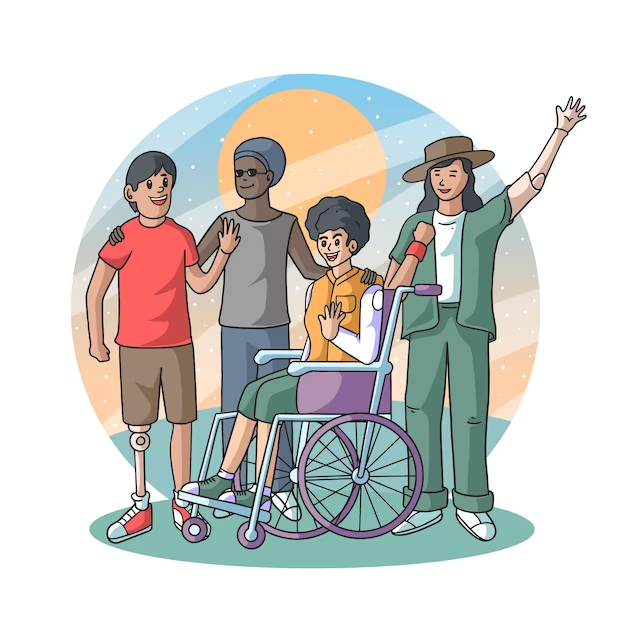
No matter where you find yourself in the spectrum of someone who interacts with people with disabilities… we’re here to help you become a better ally for those around you. Whether you want to become a caregiver, volunteer, or just learn how to better support your friends, family, or colleagues, the resources and education we can provide will help you achieve whatever goal you have in mind.
Feel free to reach out to the teams at Total Quality Disability Care to find out more and see how we can help you and the people you know. Our team can be reached on 0478 665 283. Our website is full of resources as well and for those who would rather send an email, you can contact us through it directly.
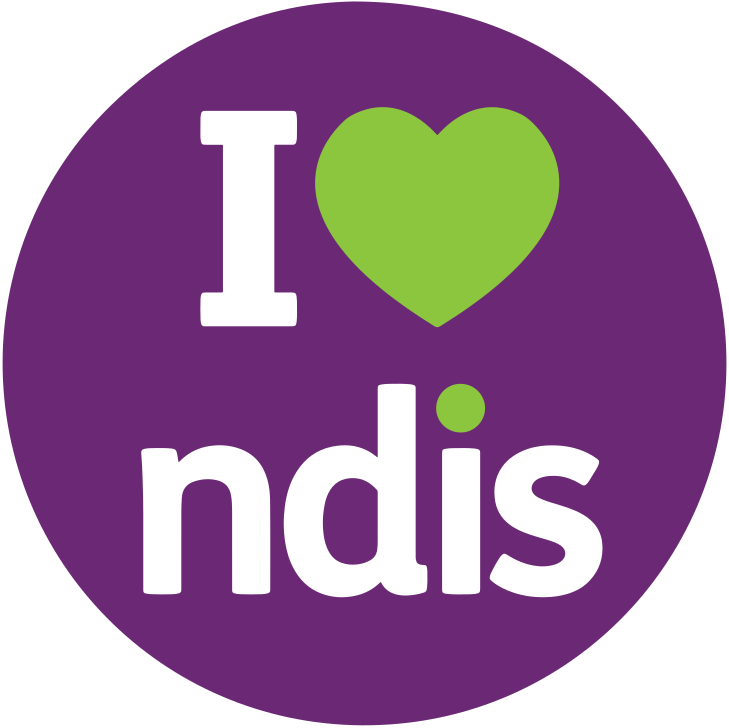

Accessibility statement
Copyright © 2024 Achieving Your Goals